Vaccination and Immunization
About
Why do babies get so many pokes in the first few months of being born? They are receiving their ‘vaccine this, vaccine that’ shot, that’s why! And why should they be vaccinated? Because that’s the best way to get them immunized against various deadly diseases!
So, though the terms vaccination and immunization are used interchangeably, you may have spotted the slight difference between them. Vaccines contain a dead or live but weakened germ (that can cause a particular disease, like tetanus ). The germs in the vaccine are incapable of producing the disease. When we are given a vaccine shot, our body immediately produces antibodies against the antigen or foreign body. It is much like a war wherein our ‘soldiers,’ the antibodies, are up in arms against the ‘foreigners.’ The fate is sealed-the foreigners are overcome and the body is immunized. In the future, if the said antigen gains entry into our body again, the body’s defence mechanism kicks in and the immunity conferred earlier affords protection against the disease. The affected individual does not contract the disease.

Much before the discovery of vaccines, people became immune to a disease only after he or she had contracted it. Many could not survive it - the human toll that succumbed to various diseases was high. Thanks to Edward Jenner who discovered the smallpox vaccine, the way was paved for further research in this field. And today, we have vaccines against many deadly diseases like measles, mumps, rubella, hepatitis B, polio, diphtheria, tetanus and pertussis. Studies for others are ongoing-it is a never-ending field of research.





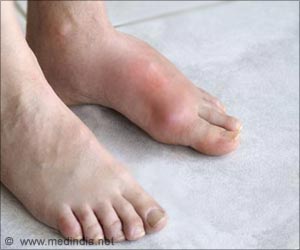
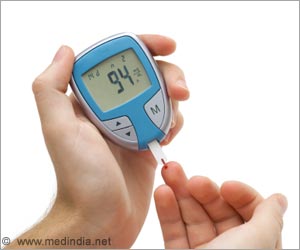
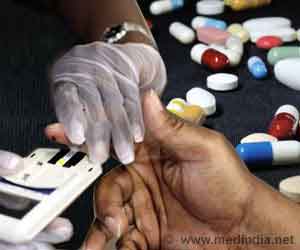

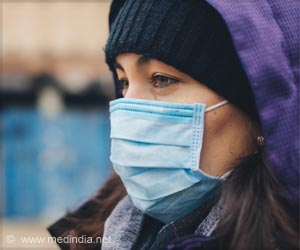
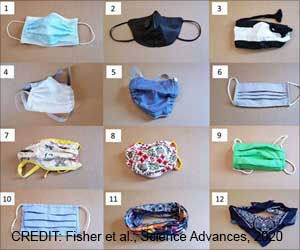

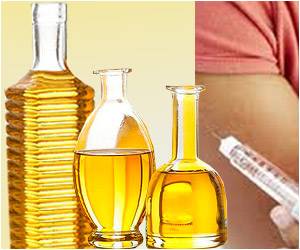



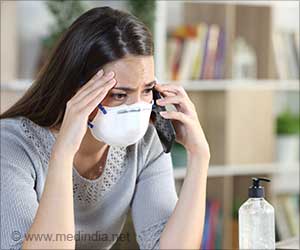

Post your Comments
sivakumar99 Tuesday, September 6, 2011
tuldha Friday, January 7, 2011
phnai Saturday, January 1, 2011
We are vaccinating with the latest French Yellow Fever vaccine called STAMARIL (Aventis Pharma) and are providing along with our prescription a WHO International Certificate of Vaccination. You need to bring your passport for the same.
GAURAVMD Saturday, July 25, 2009